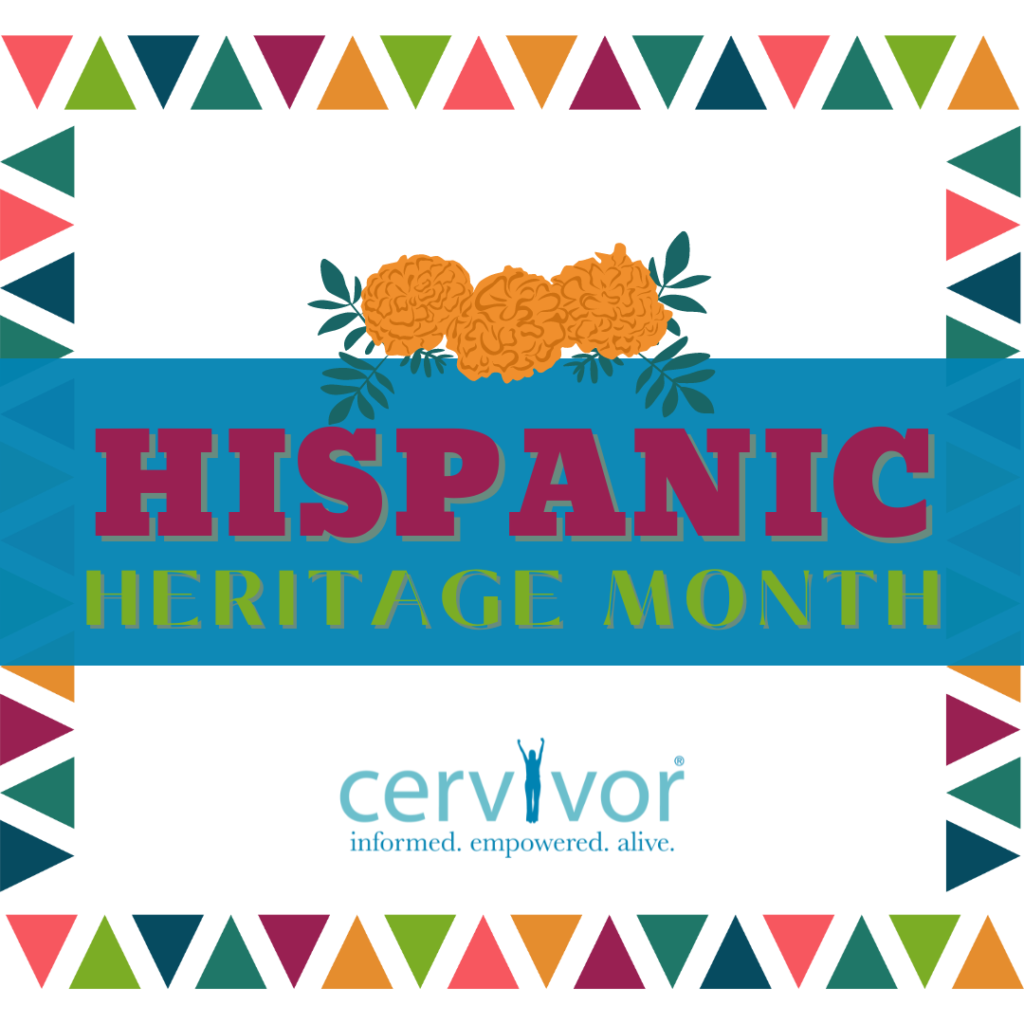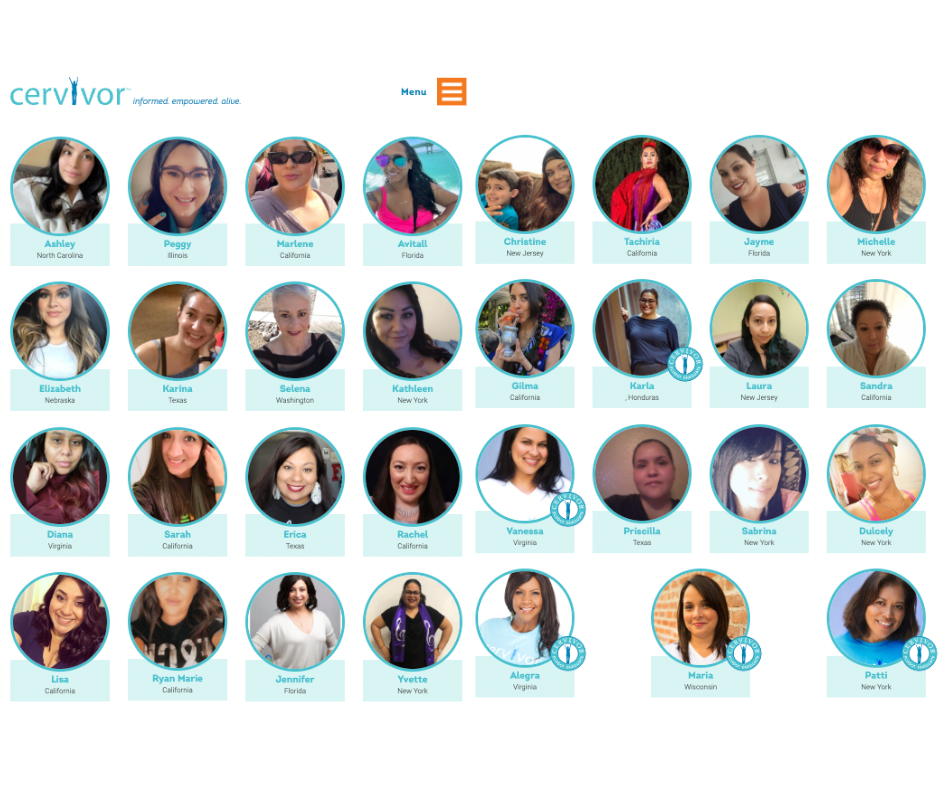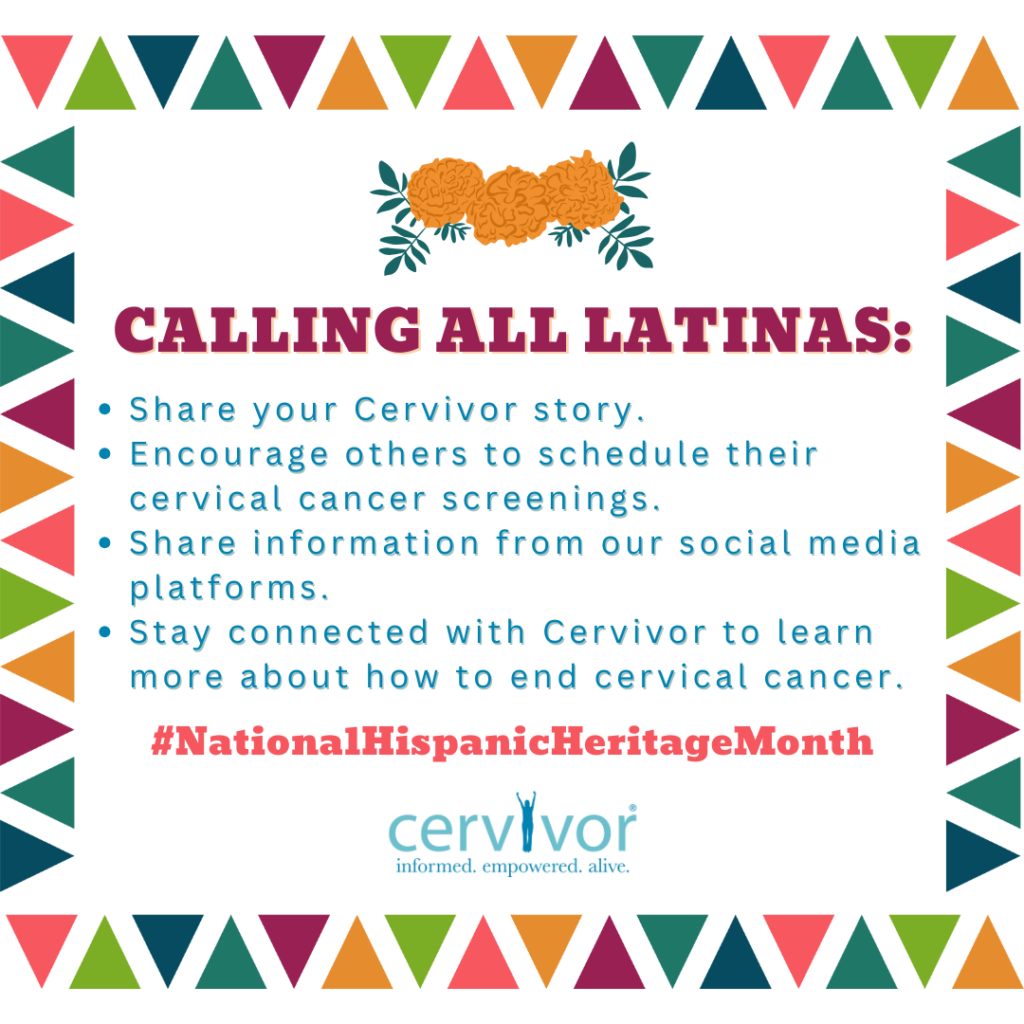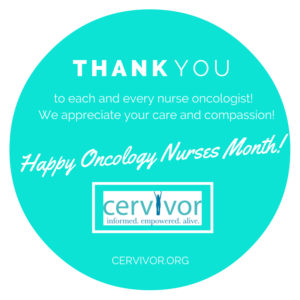
As we progress through one important awareness month, we intersect with another: National Hispanic Heritage Month.
During this time, we are honored to embrace the vibrant colors, rich traditions, and contributions of the Hispanic community. Cervivor stands in solidarity with our Hispanic and Latinx members in raising awareness about cervical cancer within this population.
National Hispanic Heritage Month, celebrated from September 15th to October 15th, provides us with an opportunity to not only celebrate the incredible cultural diversity and history of Latinx individuals but also to shed light on important health disparities that affect this community.
Let’s Talk About It
Cervical cancer is a highly preventable and treatable disease, yet it disproportionately affects Latinas in the United States. Here are some key statistics that highlight this issue:
- Higher Incidence: Latinas have a higher incidence rate of cervical cancer compared to non-Hispanic white women. This means they are more likely to develop cervical cancer.
- Lower Screening Rates: Latinas are less likely to undergo regular cervical cancer screenings, such as Pap tests and HPV tests, which can detect cervical cancer and the human papillomavirus at an early and treatable stage.
- Increased Mortality: Latinas face a higher mortality rate from cervical cancer, primarily due to late-stage diagnosis.

These statistics underscore the importance of raising awareness and promoting regular cervical cancer screenings within the Latinx community. Regular screenings are crucial for early detection and intervention, which can save lives.
Get Involved
At Cervivor, we are committed to supporting all individuals affected by cervical cancer, including those within the Latinx community. We offer a safe and inclusive space where you can find resources, share your stories, and connect with others who understand your journey.
Here are a few ways you can get involved during National Hispanic Heritage Month and beyond:

- Are you a cervical cancer patient, survivor, or thriver? Share your Cervivor story. Your story has the power to create change.
- Support and empower others to schedule their cervical cancer screenings.
- Knowledge is power. Check out all the amazing educational resources on our website and content across our social media platforms. Share it with your networks to help spread awareness.
- Stay connected with Cervivor to learn more ways to advocate and ultimately, end cervical cancer.
As we celebrate the vibrant and diverse Latinx culture during National Hispanic Heritage Month, let’s also take a moment to remember the importance of health and well-being by empowering our health below the belt. Regular cervical cancer screenings can save lives, and Cervivor is here to provide support and resources to help anyone on their journey.
Cervivor thanks you for being a part of the community, and together, we’ll make a difference in the cervical cancer disparity gap among Latinas.
 By Antoinette Lipani Solnik, RN, BSN, Gynecologic Oncology Nurse Navigator
By Antoinette Lipani Solnik, RN, BSN, Gynecologic Oncology Nurse Navigator